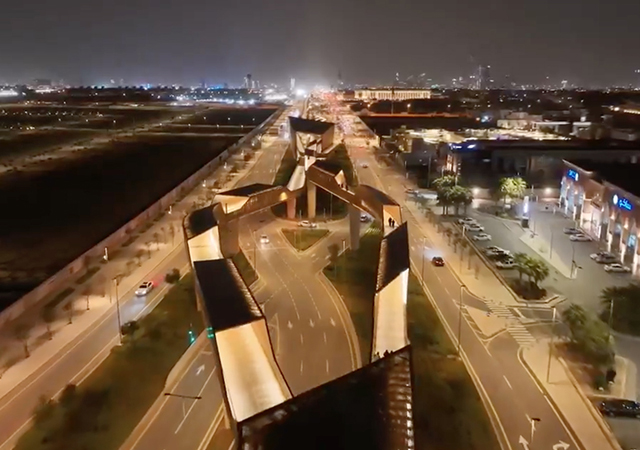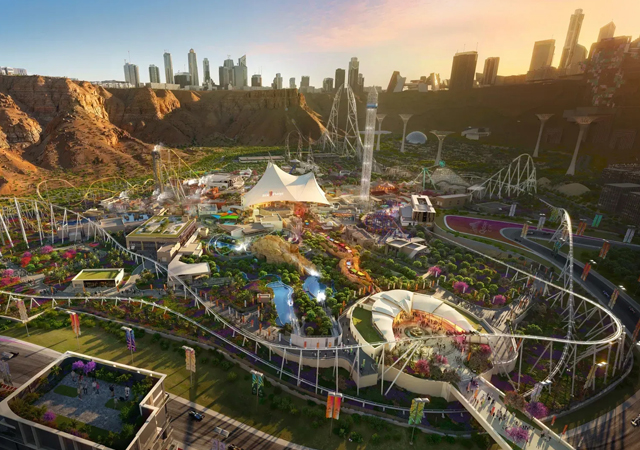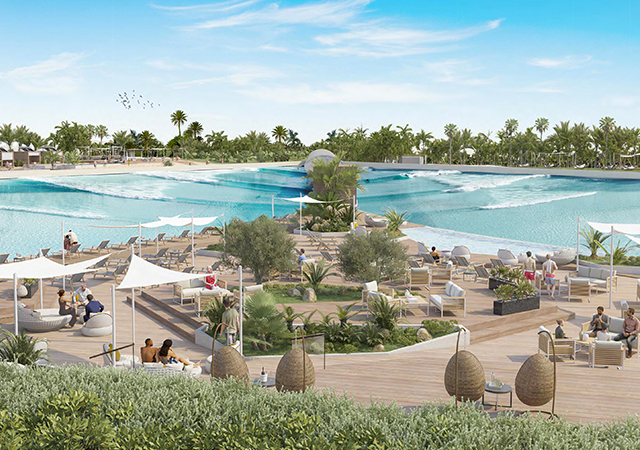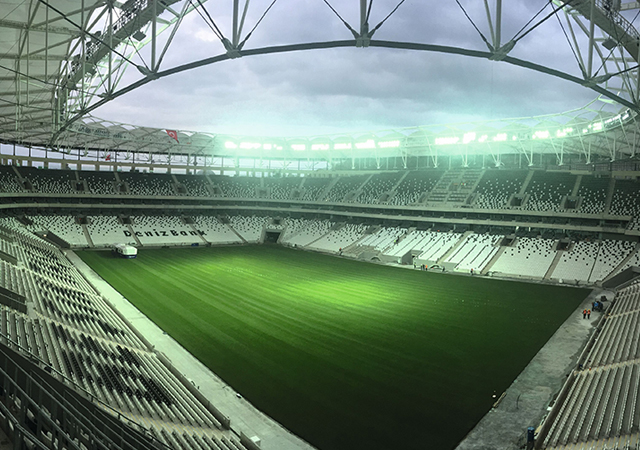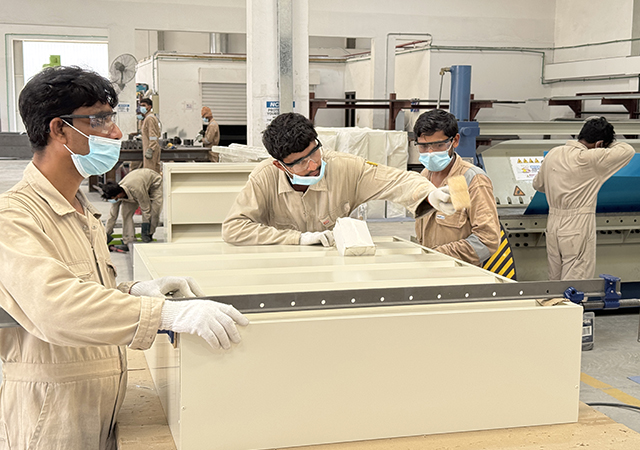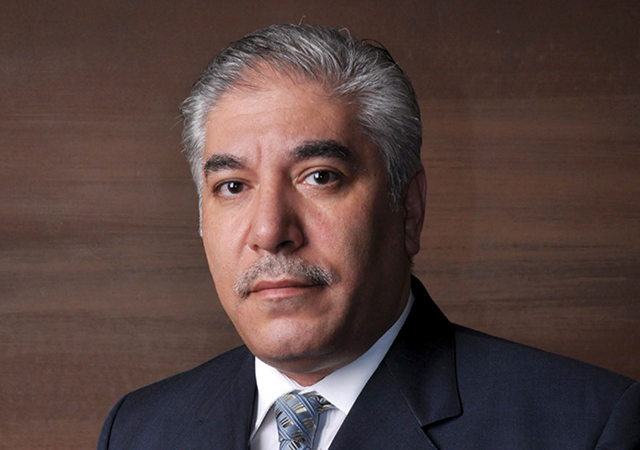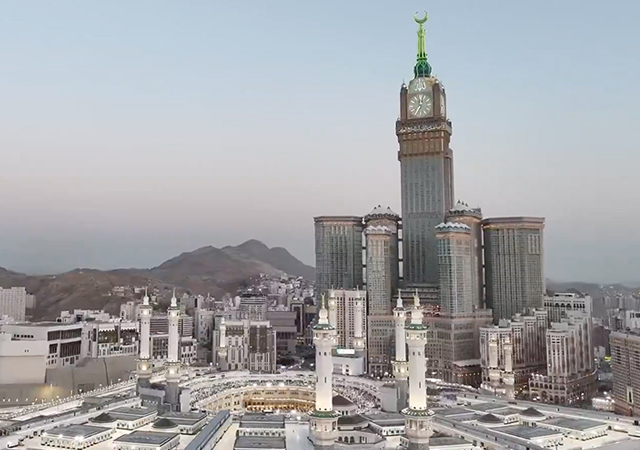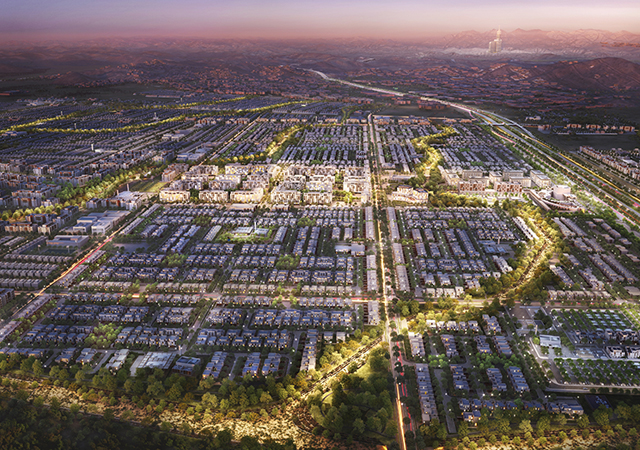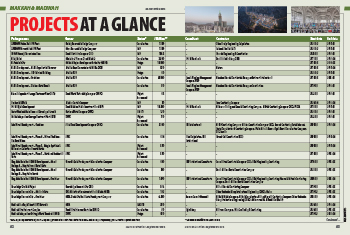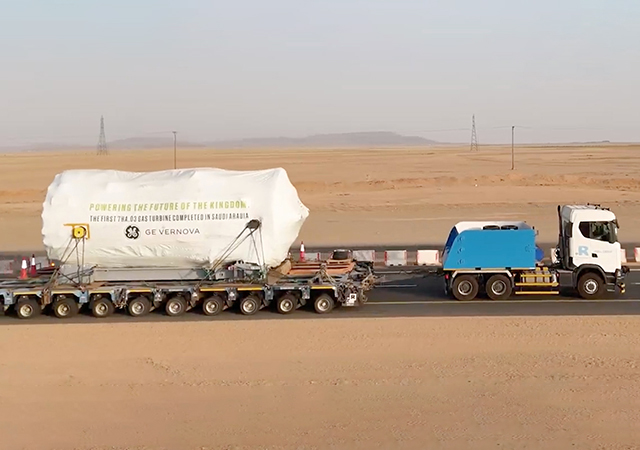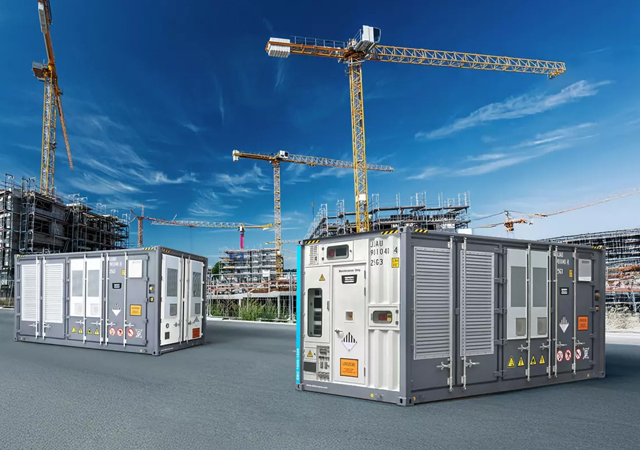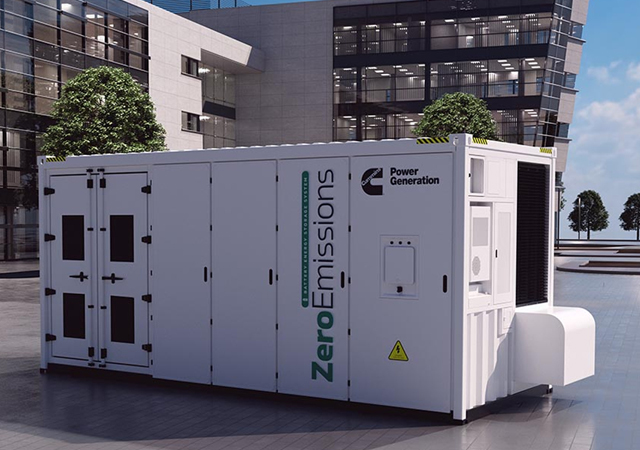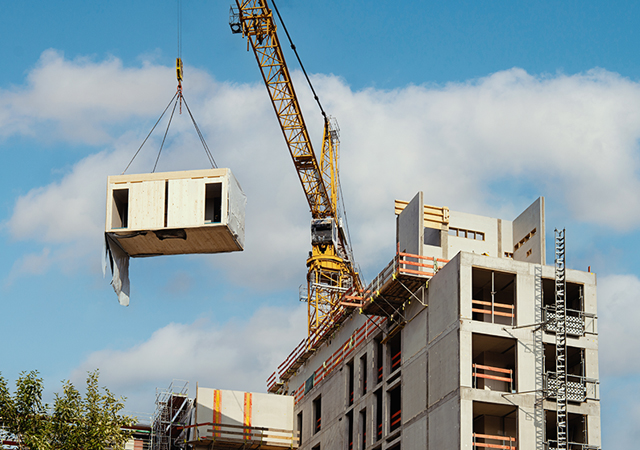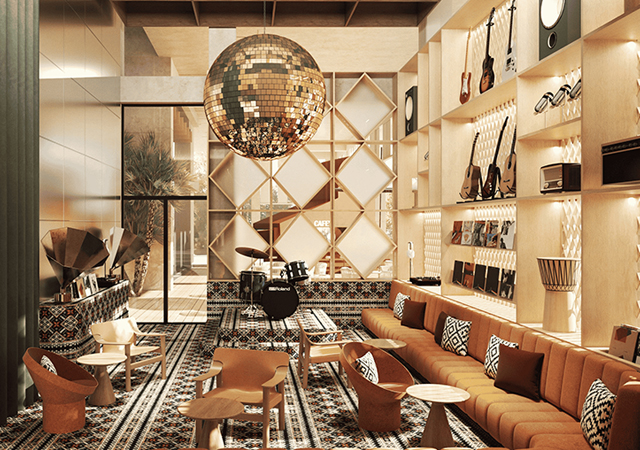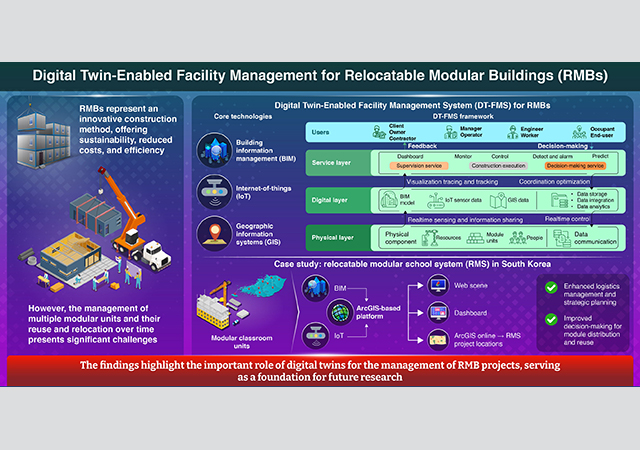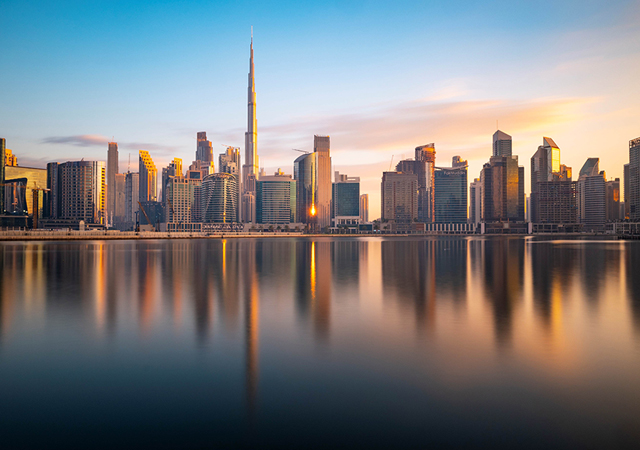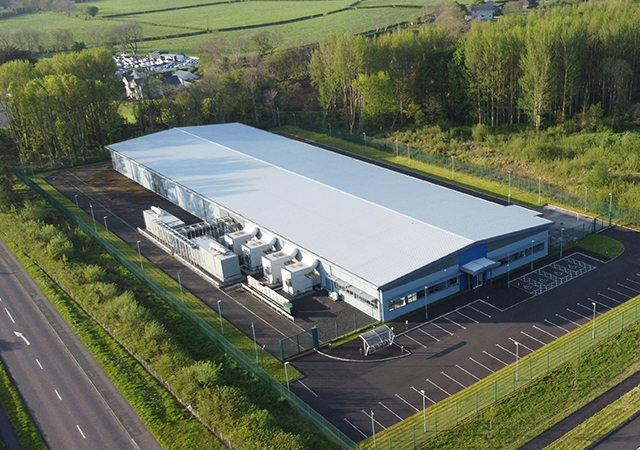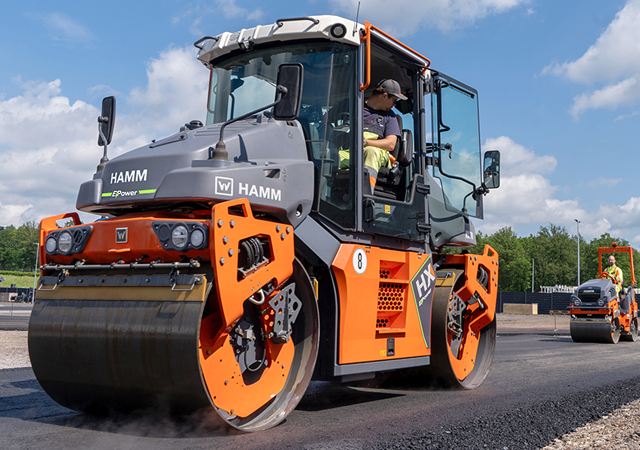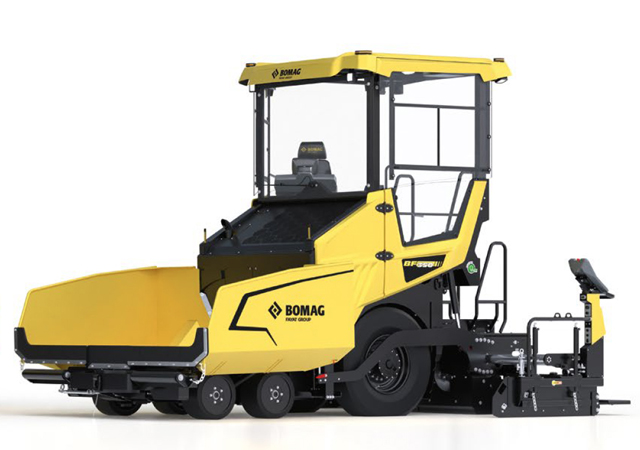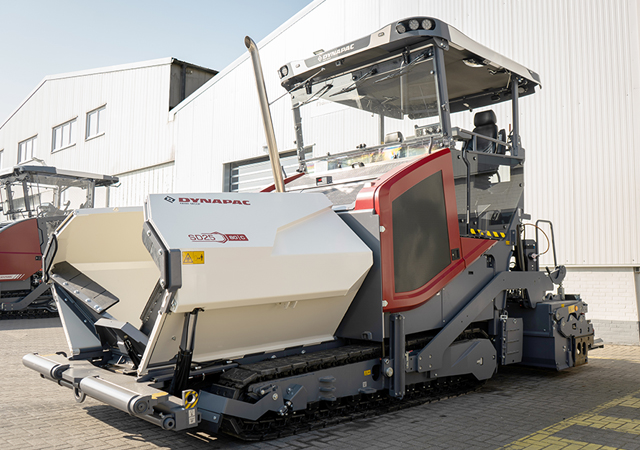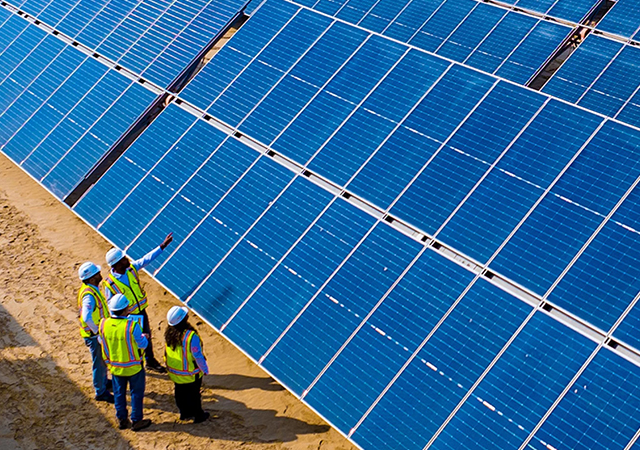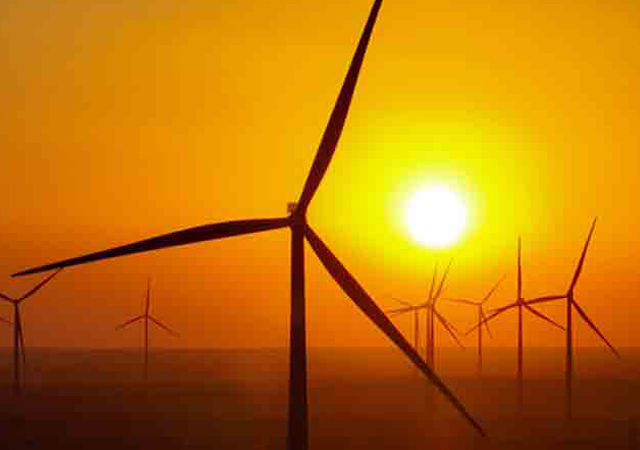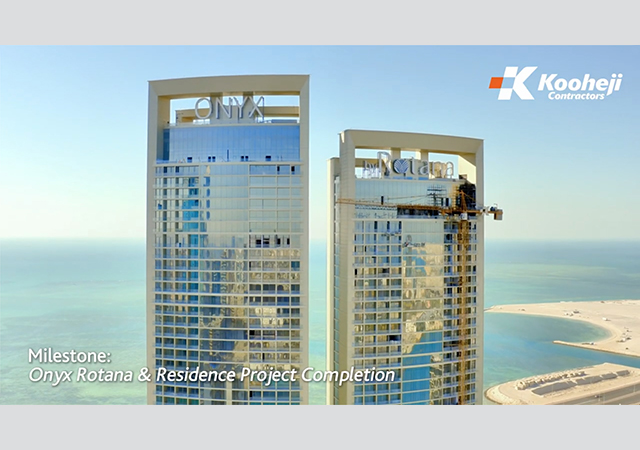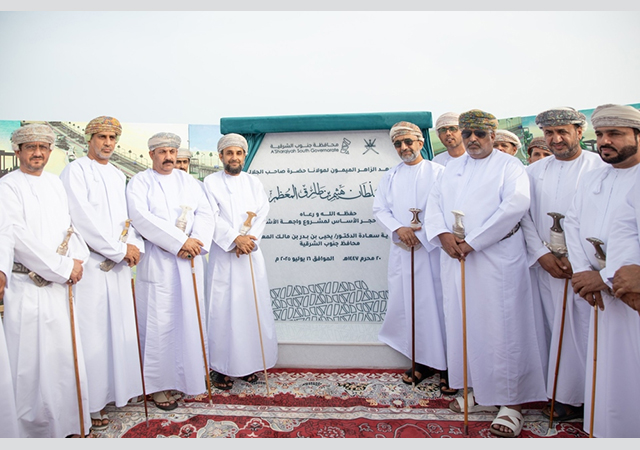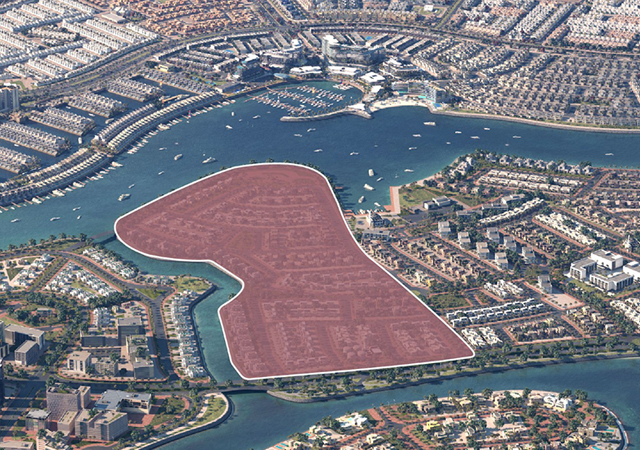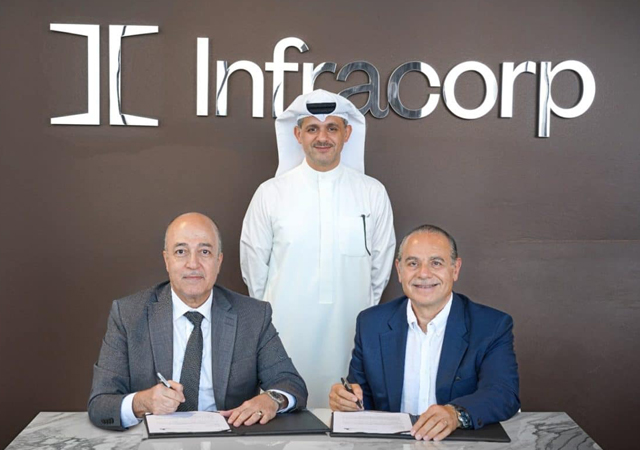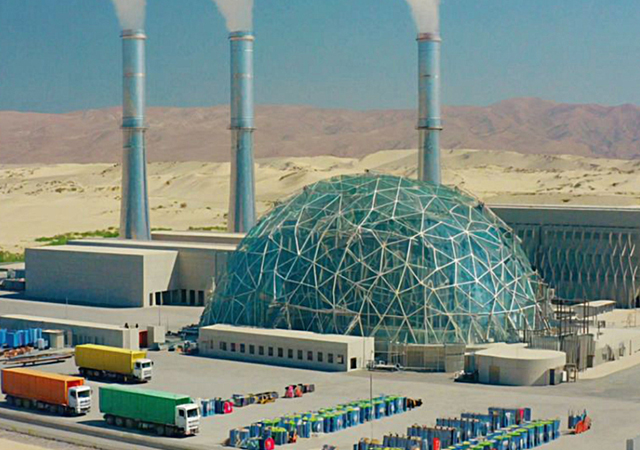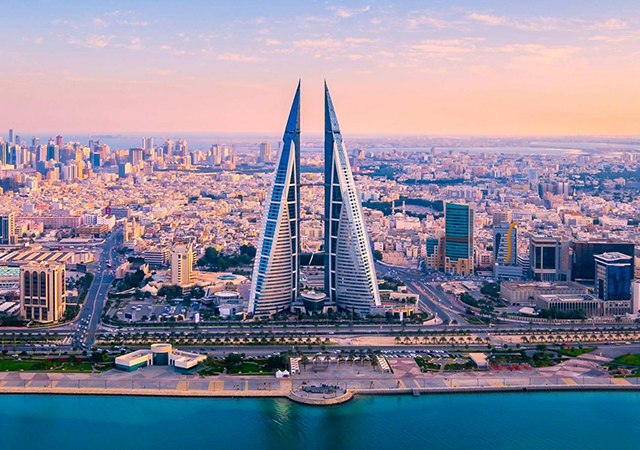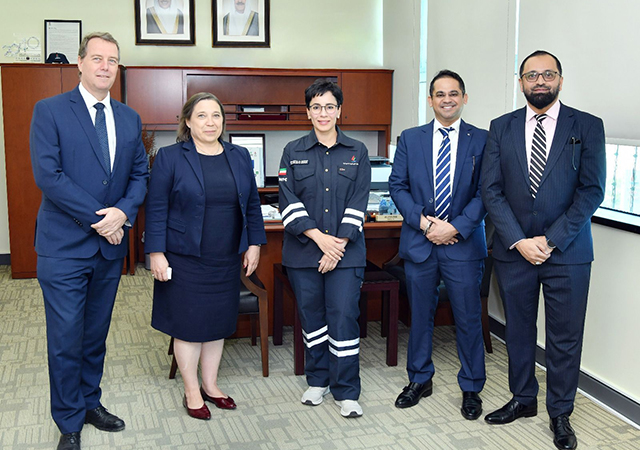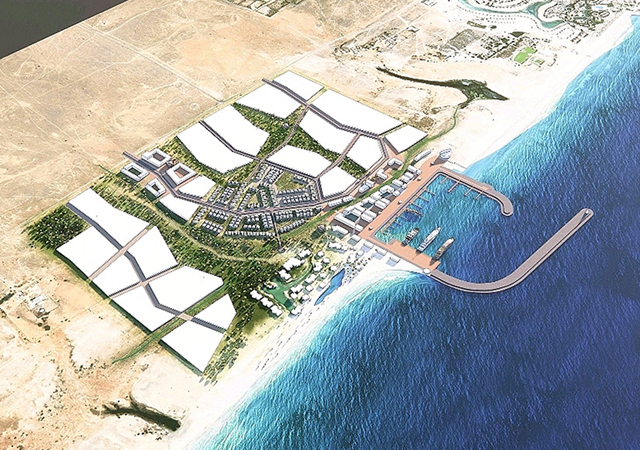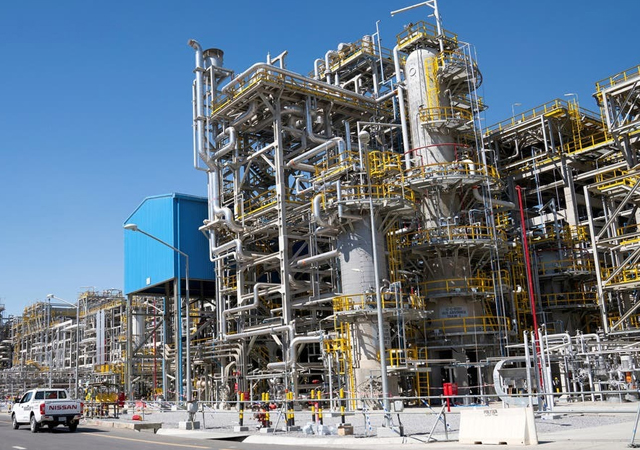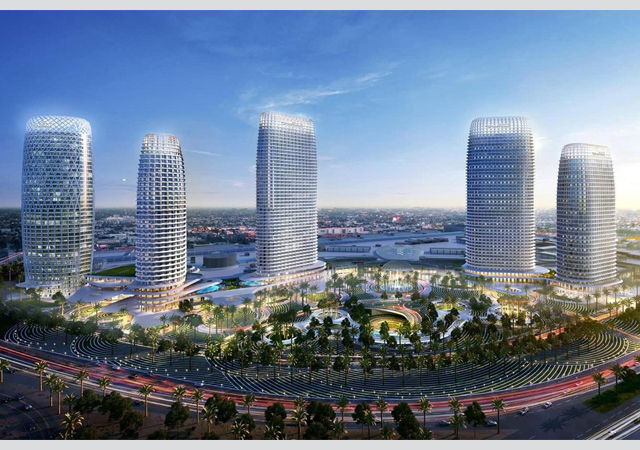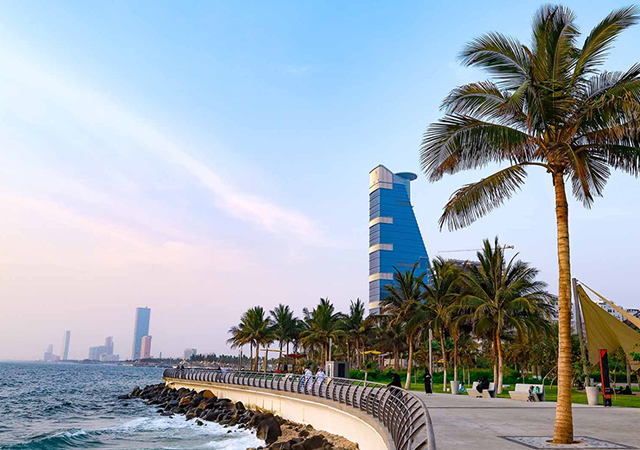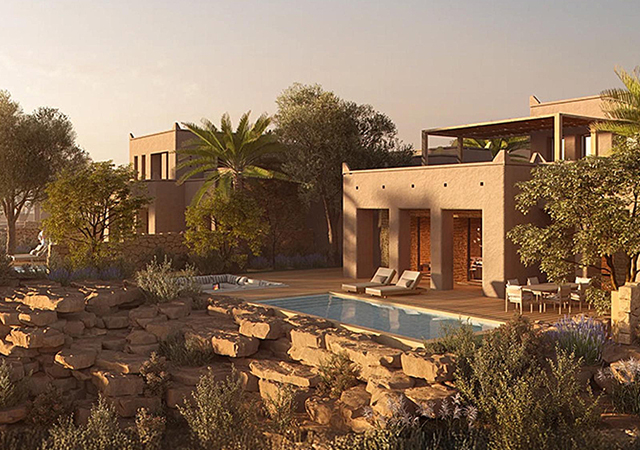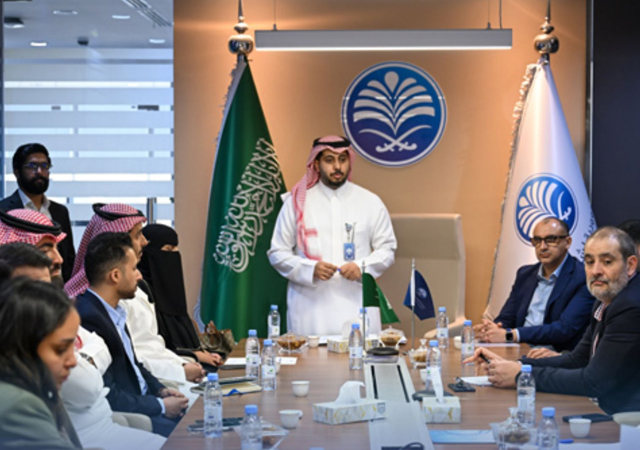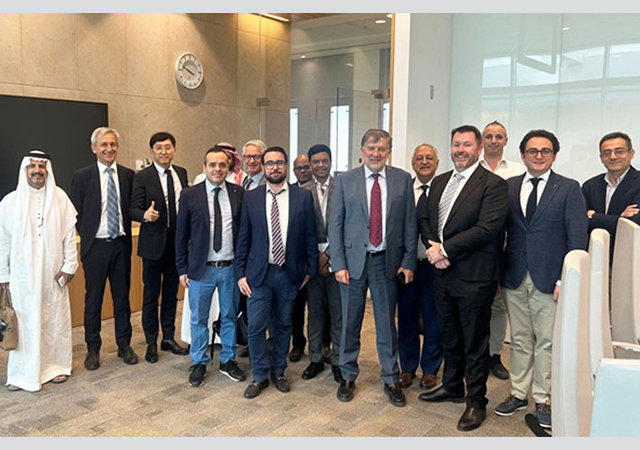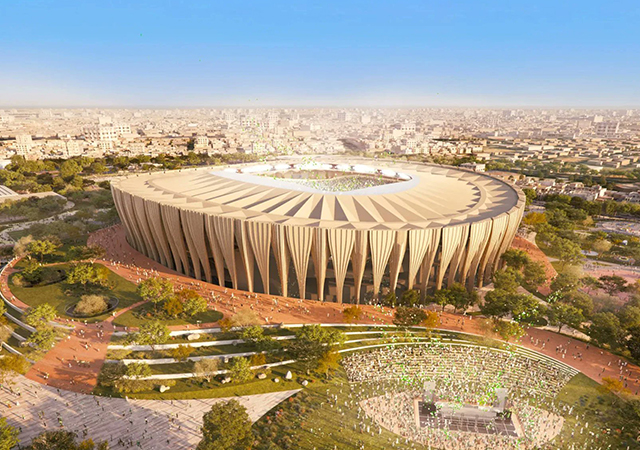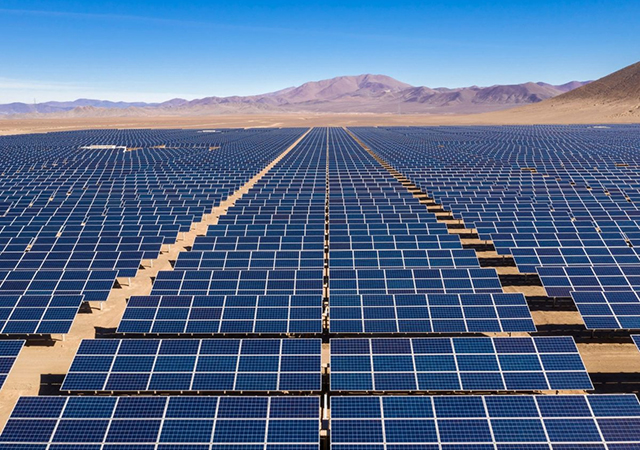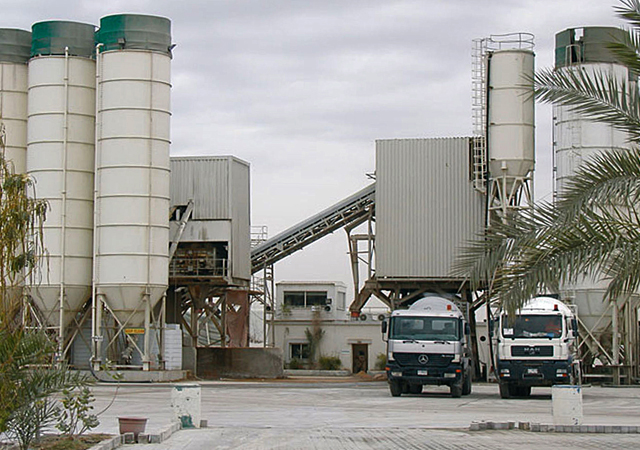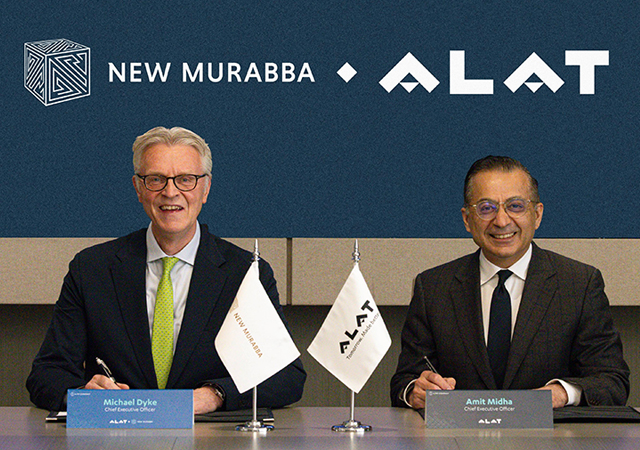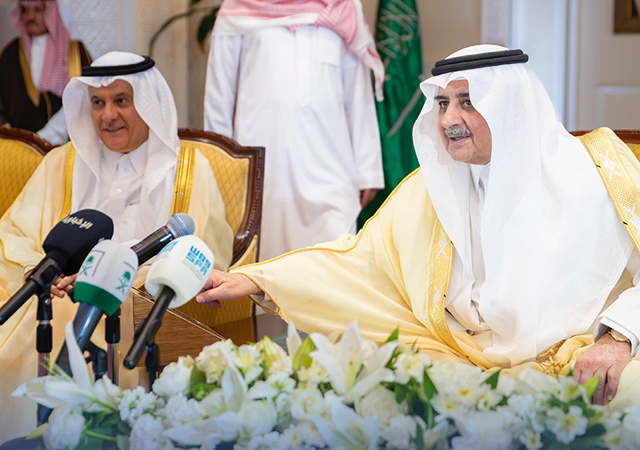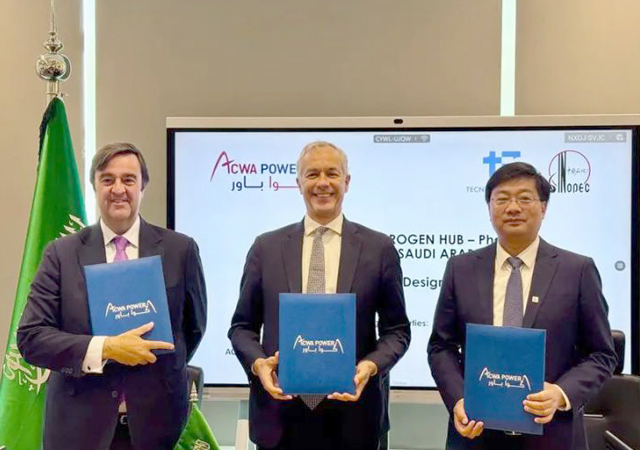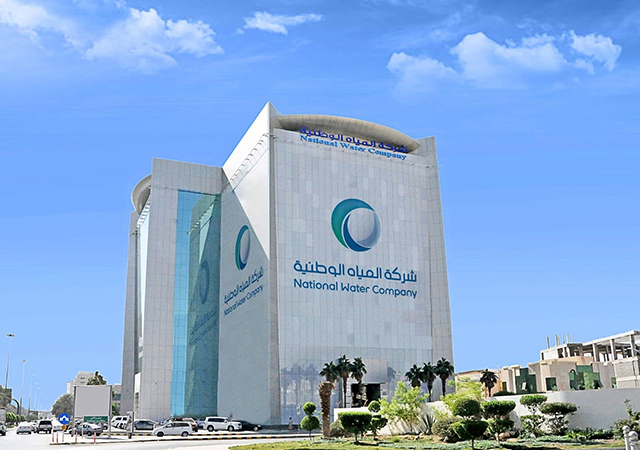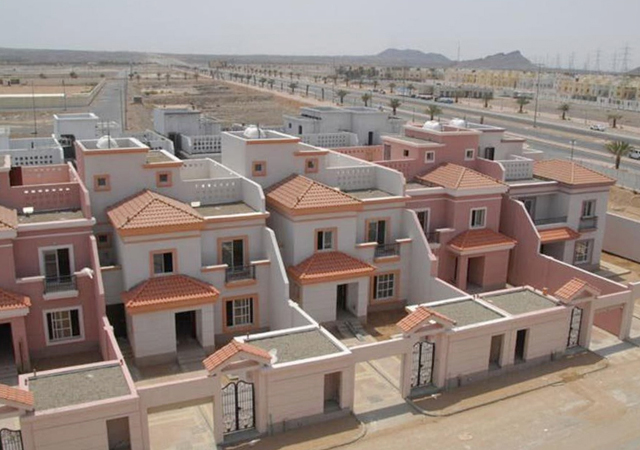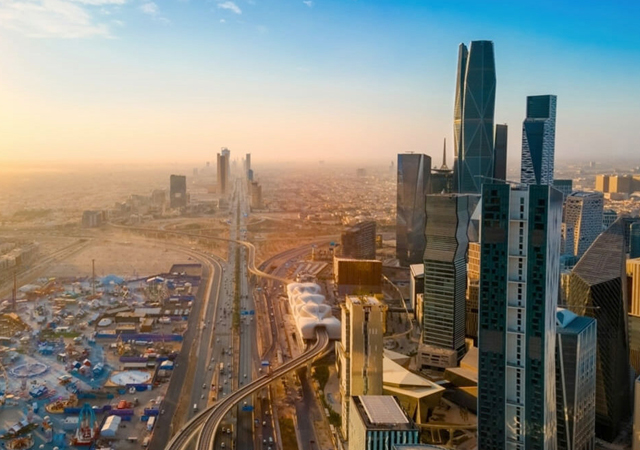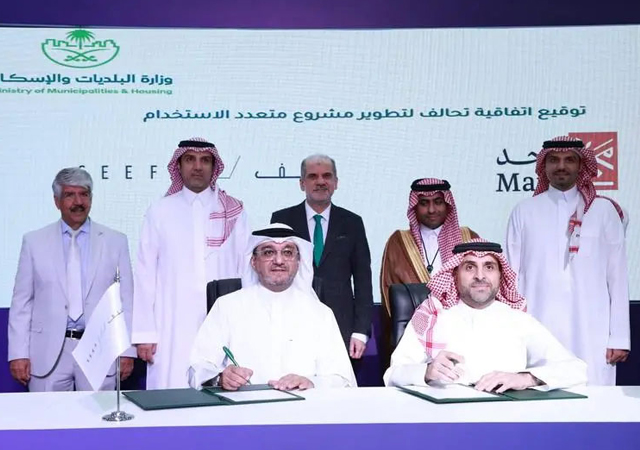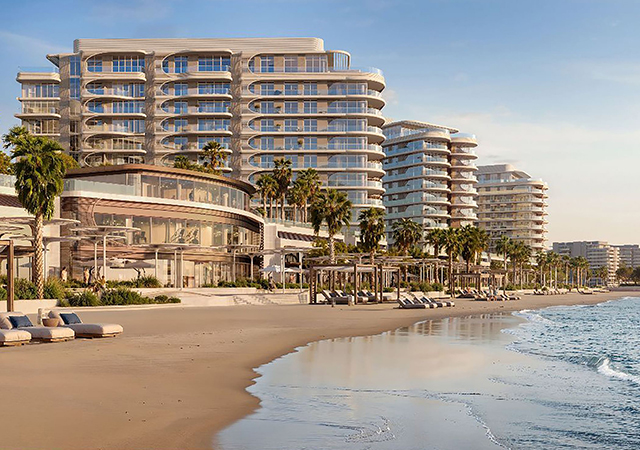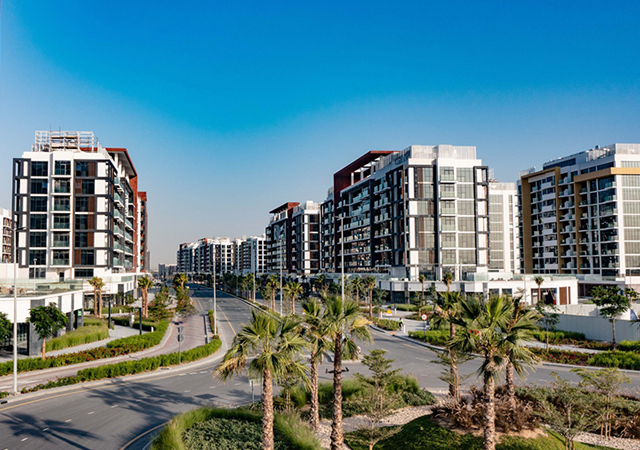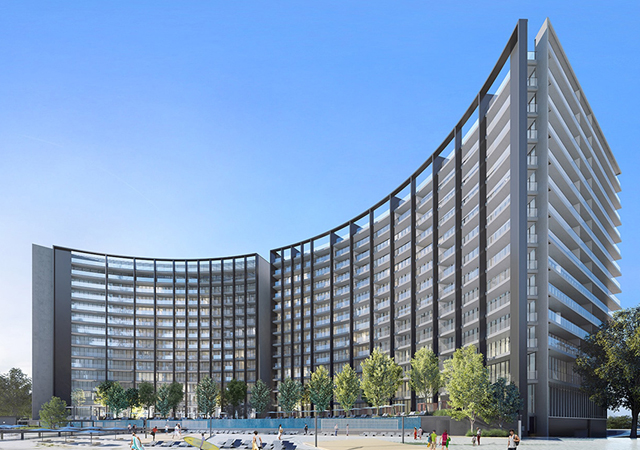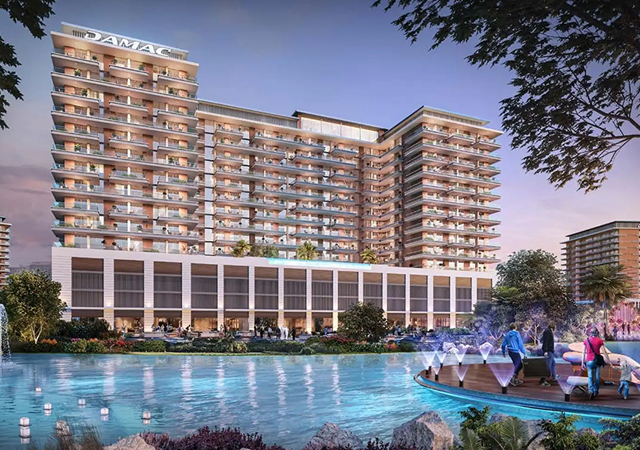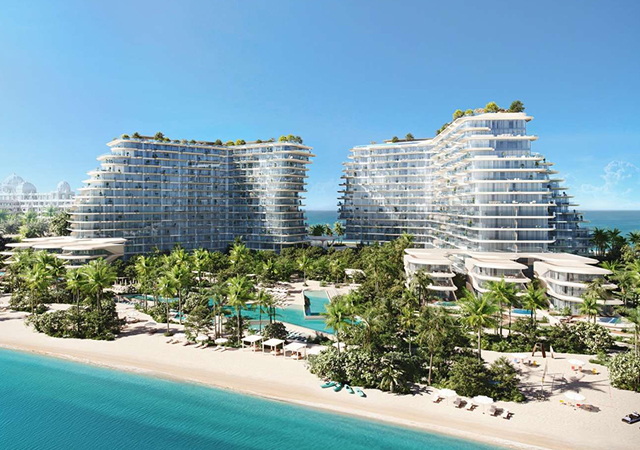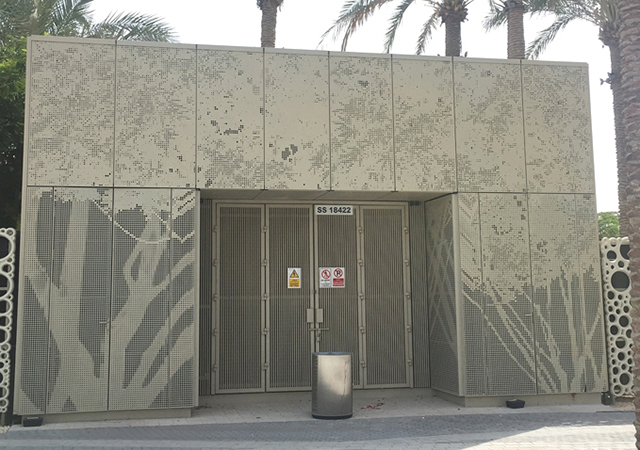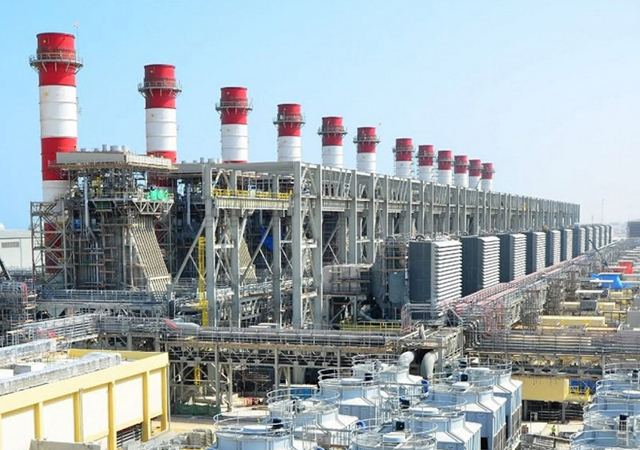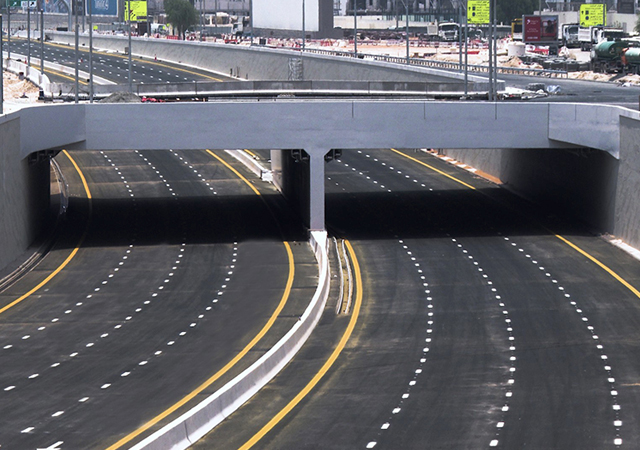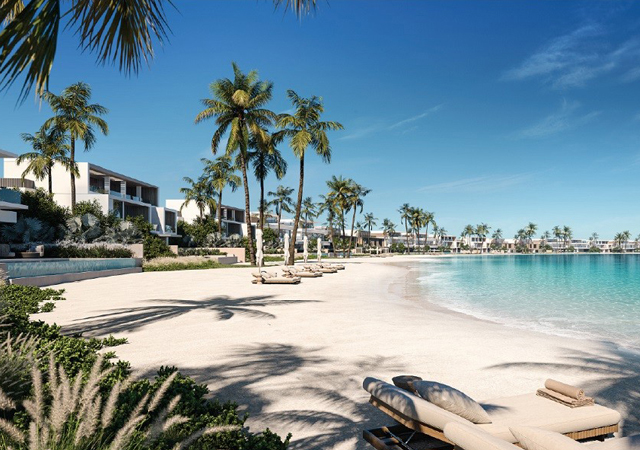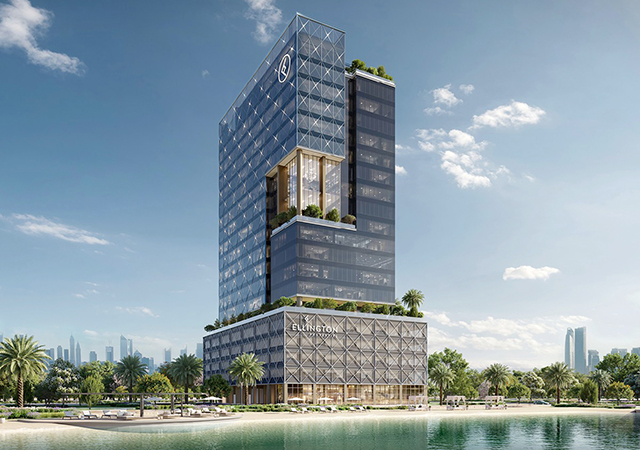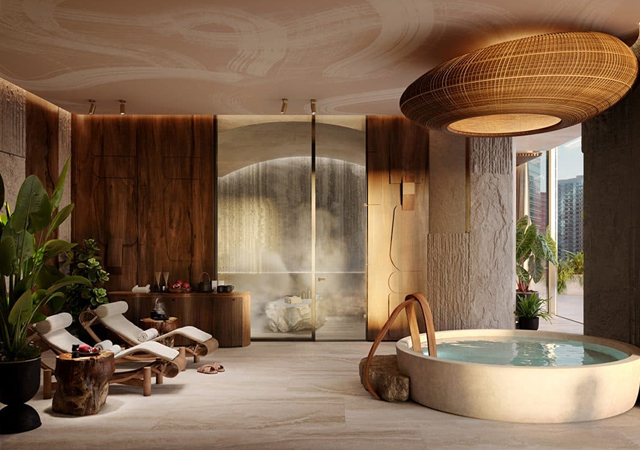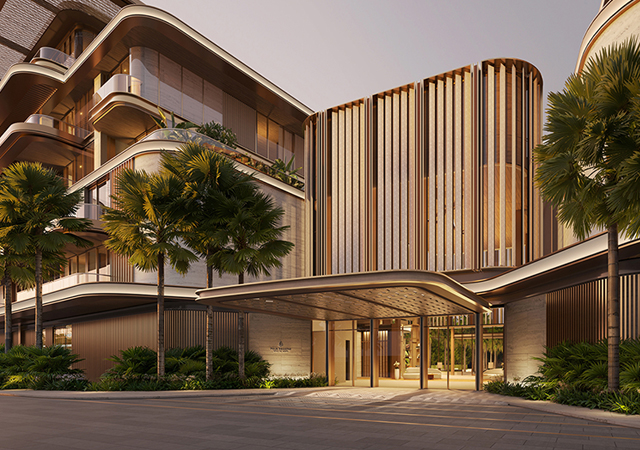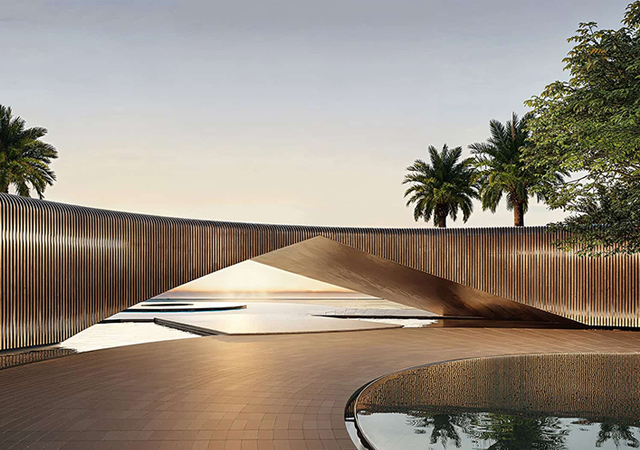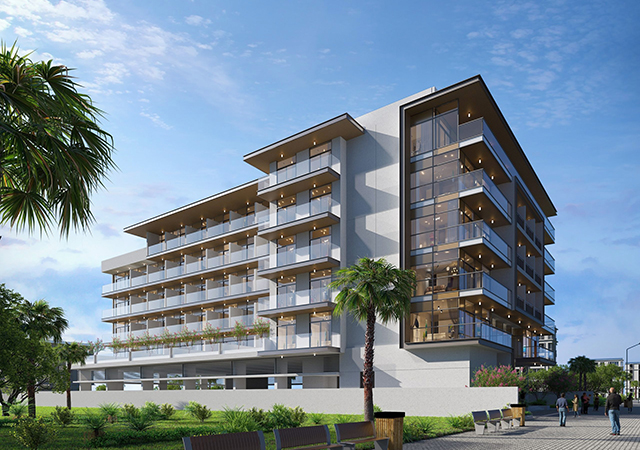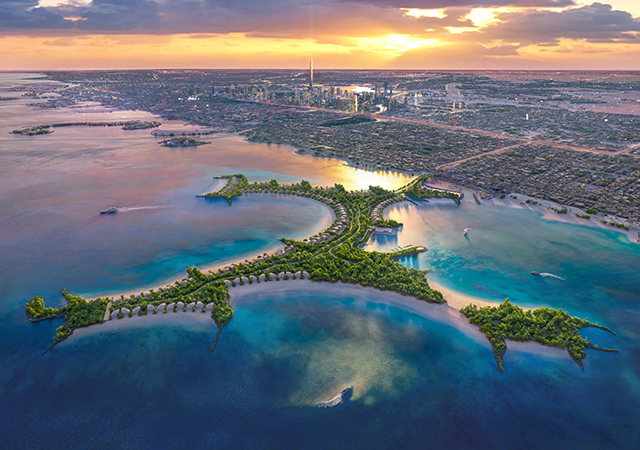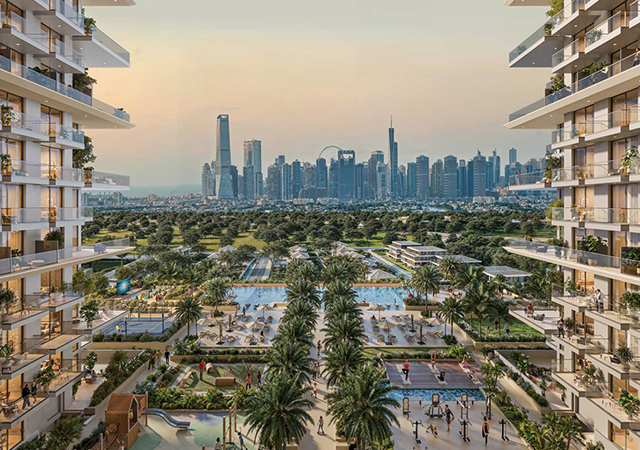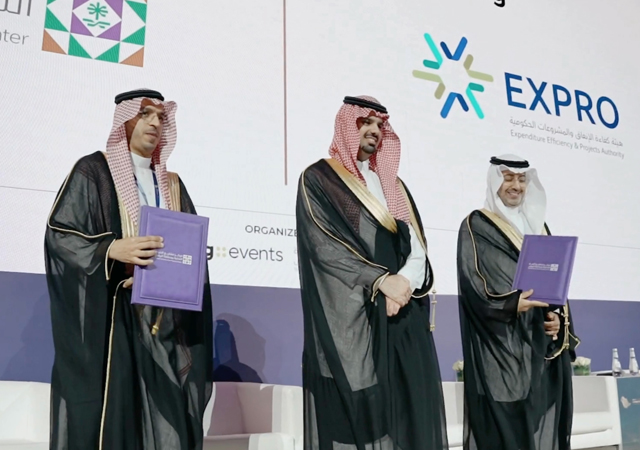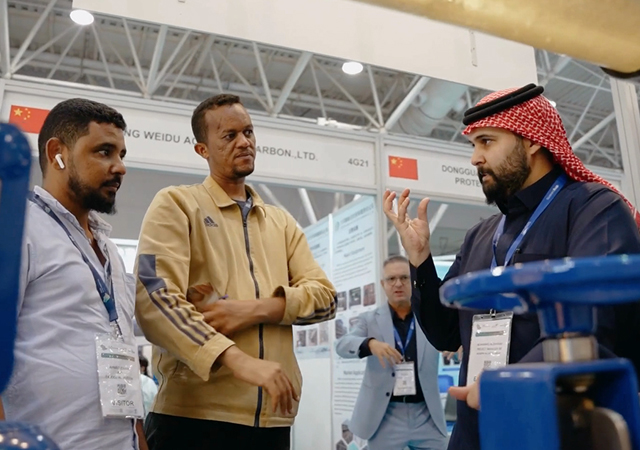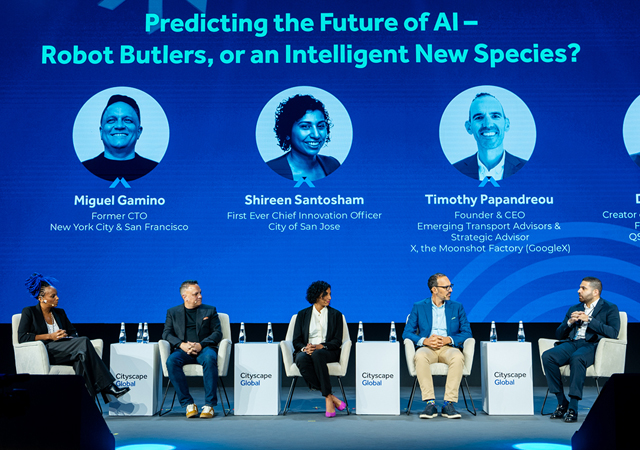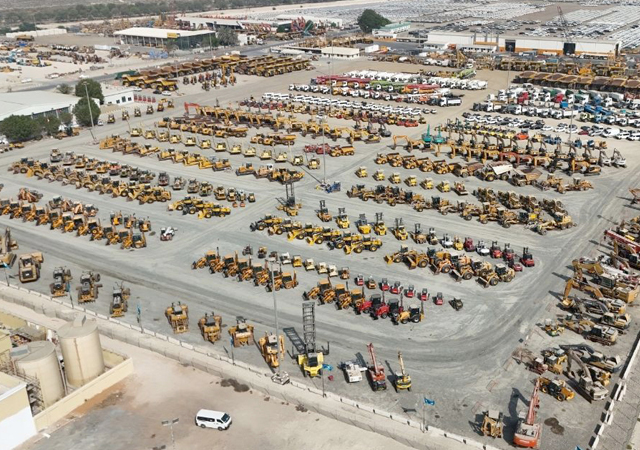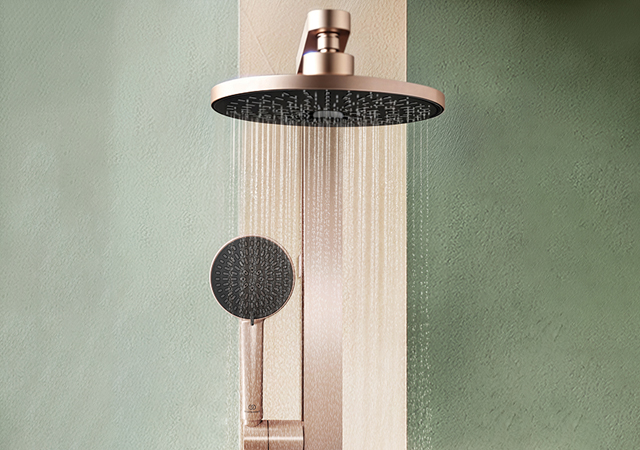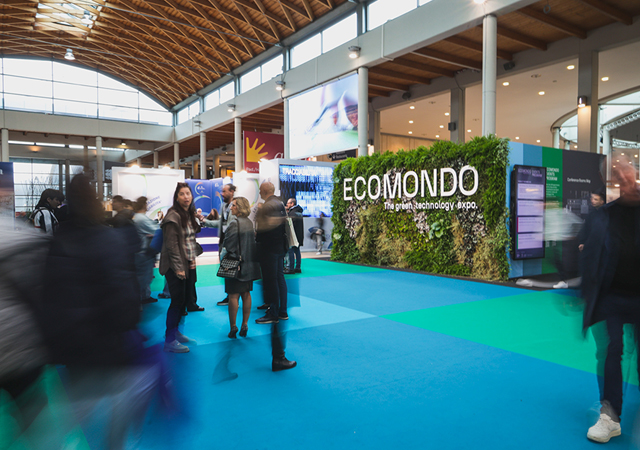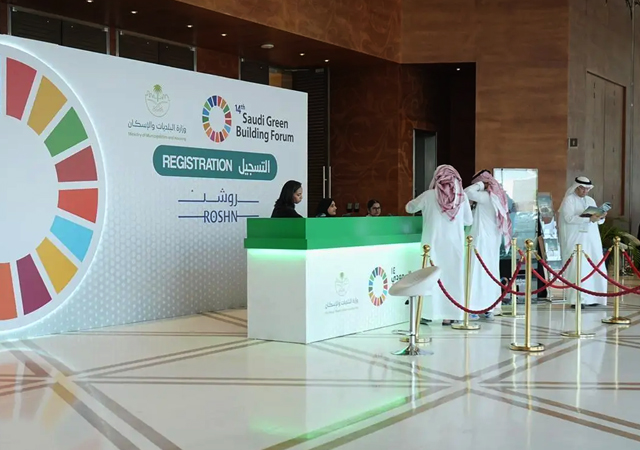
The continued construction boom in the Gulf and the consequential pressures to complete projects on time, among other factors, have resulted in a growing demand for precast concrete solutions, says a spokesman for Icon Precast, a leading precast manufacturer in the region.
“The pace at which the skyline of Dubai and the rest of UAE is changing makes it imperative for developers to use every available technology to enable projects to be completed on time, cut costs and also retain quality,” says Nigel Harries, general manager, Icon Precast.
“Over the years precast concrete has become well established across the globe however is still in relative infancy here in the UAE. Clients and engineers who historically would not consider precast on perceived price and engineering concerns are now following the world wide trend and actively looking at precast options”
Elaborating on the other advantages of the system he says: “Precast concrete has several advantages, one of them being that with a dedicated structural design team here at Icon, we can offer alternative solutions to clients at the concept stage.
What’s more, manufacturing concrete products under a controlled precast environment gives improved quality control and an enhanced finished product.
Comparing readymixed concrete with precast concrete, Harries says: “Readymixed concrete can suffer through extended delivery times and poor on-site casting conditions which are exacerbated in the hot environment prevalent in the region. Precast concrete is particularly suitable to the speed of construction experienced in the region and is less prone to delays as elements can be cast in advance and stored either on site or in the factory prior to installation. In addition, precast technology uses less labour than conventional on site-construction – a factor particularly relevant in the current market situation.”
Icon Precast manufactures a range of precast elements such as quay wall blocks, boundary walls, insulated wall panels, precast troughs for the Dubai Electricity and Water Authority (Dewa) and Federal Electricity and Water Authority (Fewa), as well as Jersey barriers.
The company also claims to be a pioneer in bringing the concept of Tilt-Up technology to the region. The system involves pouring concrete walls horizontally on site and tilting panels up and securing in place. The company has recently set a personal record by successfully installing 21-m-high Tilt-up panels on their design build warehouse project in Ras Al Khaimah. “The panels are 21 m high and made in one piece on the floor slab adjacent to their final position. All external walls on this project were produced on site as vertical load bearing panels eliminating the need for any columns,” explains Harries.
Icon is currently supplying quay wall blocks for a number of major marine developments in Dubai. “To date we have supplied over 50,000 cu m of high-quality concrete blocks to the Palm Deira and placing the quay wall blocks is in its advanced stage. For the next phase we are mobilising two batch plants and ancillary equipment for an on-site concrete and precast factory on the island itself,” he says.
In another development, the company has recently commissioned its new batching plant in its Hamriyah Free Zone factory. The new MEKA MB30 plant complements the existing MEKA MB100 plant and now enables the company to increase production to meet the increasing demands of the market. Additional silo storage capacity enables multi-powder storage including white cement, flyash, and microsilica in addition to standard grey cements.
Icon Precast uses Glenium ACE 30, supplied by BASF Construction Chemicals UAE, a super plasticiser yielding high-end early strength with durability requirements by reducing the water/cement ratio as specified in the admixture technology, says Harries.
Glenium ACE 30 is an essential component of the ‘zero energy’ system. It is a chloride free, new generation polycarboxylic ether superplasticiser. In synergy with Rheodynamic concrete, it optimises the production of precast concrete structural elements and is suitable for use in hot climates.
Its benefits include optimising the curing cycles by reducing curing time, eliminating the need for steam curing, reducing the energy required for placing, compaction and curing (zero energy system), increased productivity and improved surface appearance.
“Our association with Icon is very significant, as we are able to offer them a full range of solutions – our systems incorporate the latest technology for high end, high early strength and superior surface finish, and add tremendous value to their products,” says Drummond Welsh, BASF business systems manager for admixtures, Middle East, Africa and Central Asia. “We look forward to partnering with them on all their major projects in the future.”



